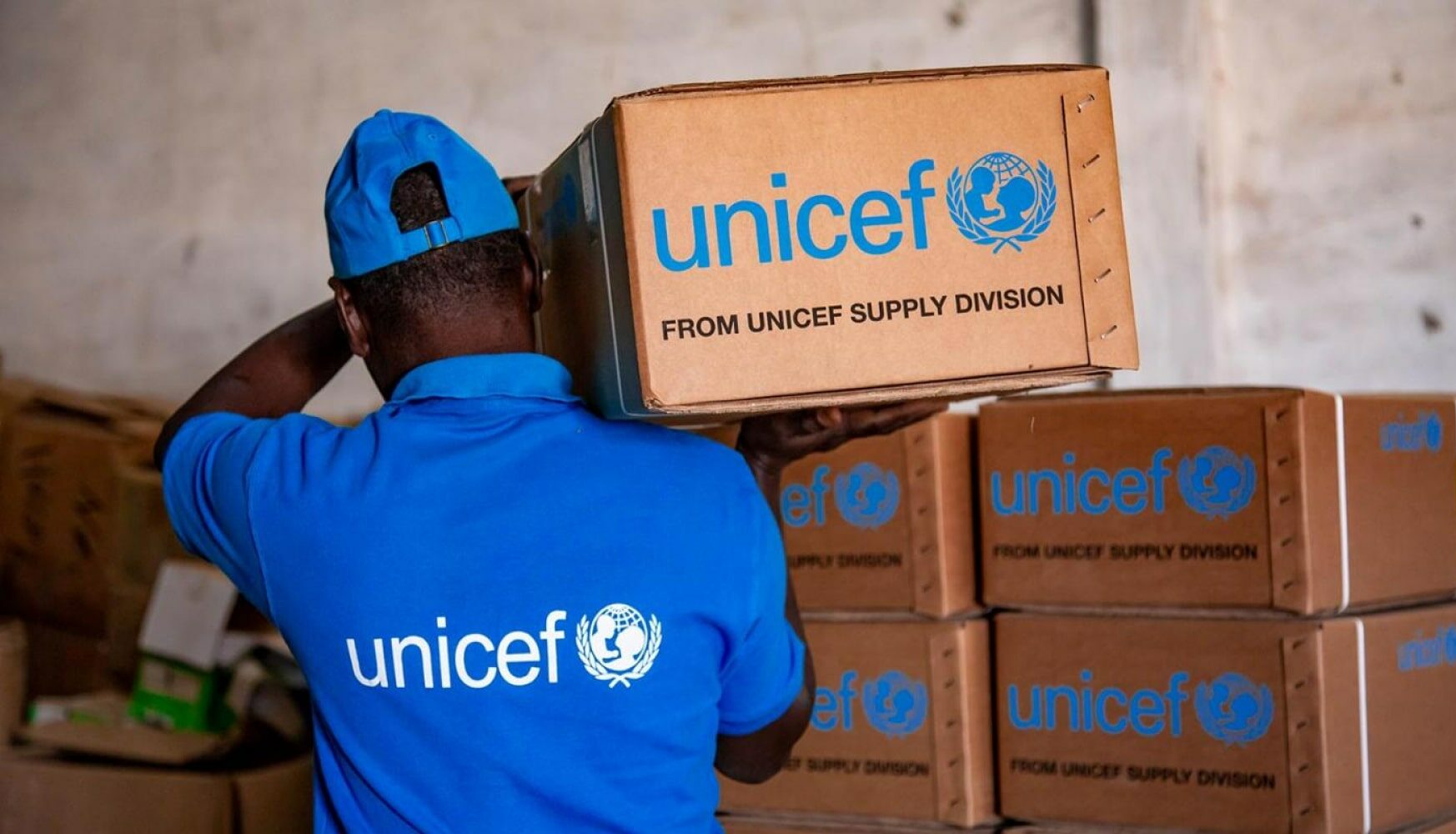The Global Alliance for Trade Facilitation and UNICEF are expanding their collaboration following the success of a pilot project in Mozambique. The pilot reduced the border processing times of life-saving vaccines and medical supplies by 10 days, ensuring timely access for children and communities. The expanded agreement underscores both organisations’ commitment to enhancing the flow of essential supplies.
“Our work in Mozambique is a model for what we can achieve globally, proving that smarter trade facilitation has a significant humanitarian impact,” said Philippe Isler, Director of the Global Alliance for Trade Facilitation.
Prior to the pilot, the process to obtain an import permit in Mozambique for medical supplies was entirely manual and paper-based. The Alliance combined its experience in streamlining trade processes with UNICEF’s expertise in supply chain management and today, 100% of the country’s medical supply import permits are processed electronically. The processing times are now 29 days, instead of 39.
The need for such interventions is acute. In developing countries, delays in supply chains can endanger children’s access to essential supplies when they are urgently needed. The Alliance and UNICEF’s efforts are crucial for logistical improvements, but also in advocating for policy reforms and fostering public private partnerships that ensure sustainable access to supplies.
“When children urgently need medicines, therapeutic food or clean water to survive, time is not on their side. Every day, every hour, every minute can make the difference between life and death for the child who is waiting for help,” said Leila Pakkala, Director of UNICEF Supply Division. “Our partnership with the Alliance sets new standards for how we leverage collaboration and technology to cut through the delays and barriers that hamper the delivery of life-saving supplies.”
Reducing border delays and increasing digitalisation also reduces the fees incurred due to slowed deliveries, and alleviates supply chain disruptions caused by global crises. The project also improves shipment traceability, and cuts costs stemming from vaccine storage and inventory management.
The partnership between UNICEF and the Alliance is an example of how targeted efforts can improve the efficiency of supply chains. By focusing on digital solutions and process improvements, the initiative aims to replicate the success seen in Mozambique across 10 additional countries, ensuring that children have reliable access to the vaccines and supplies they need.
About UNICEF
UNICEF works in some of the world’s toughest places, to reach the world’s most disadvantaged children. Across more than 190 countries and territories, we work for every child, everywhere, to build a better world for everyone.

